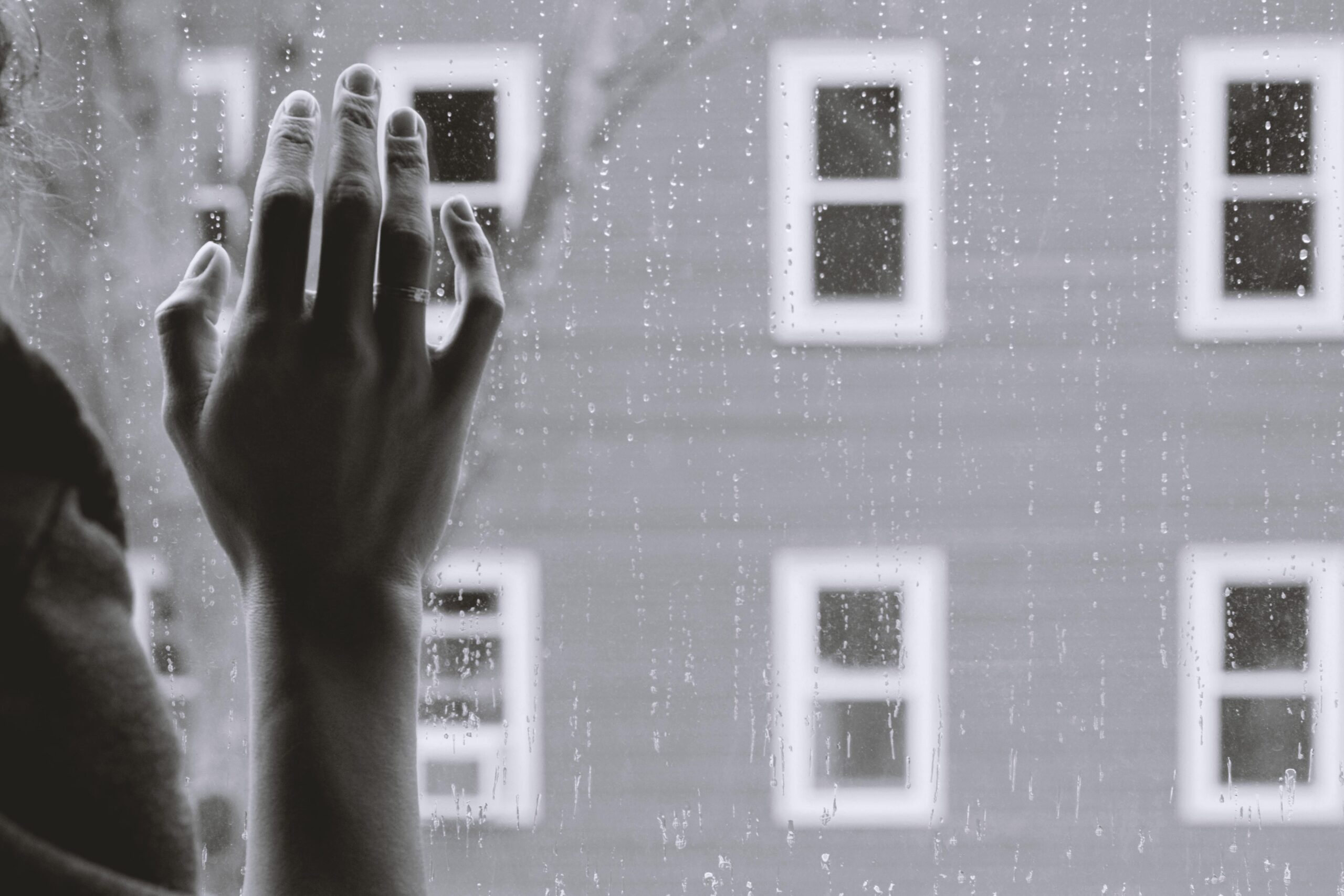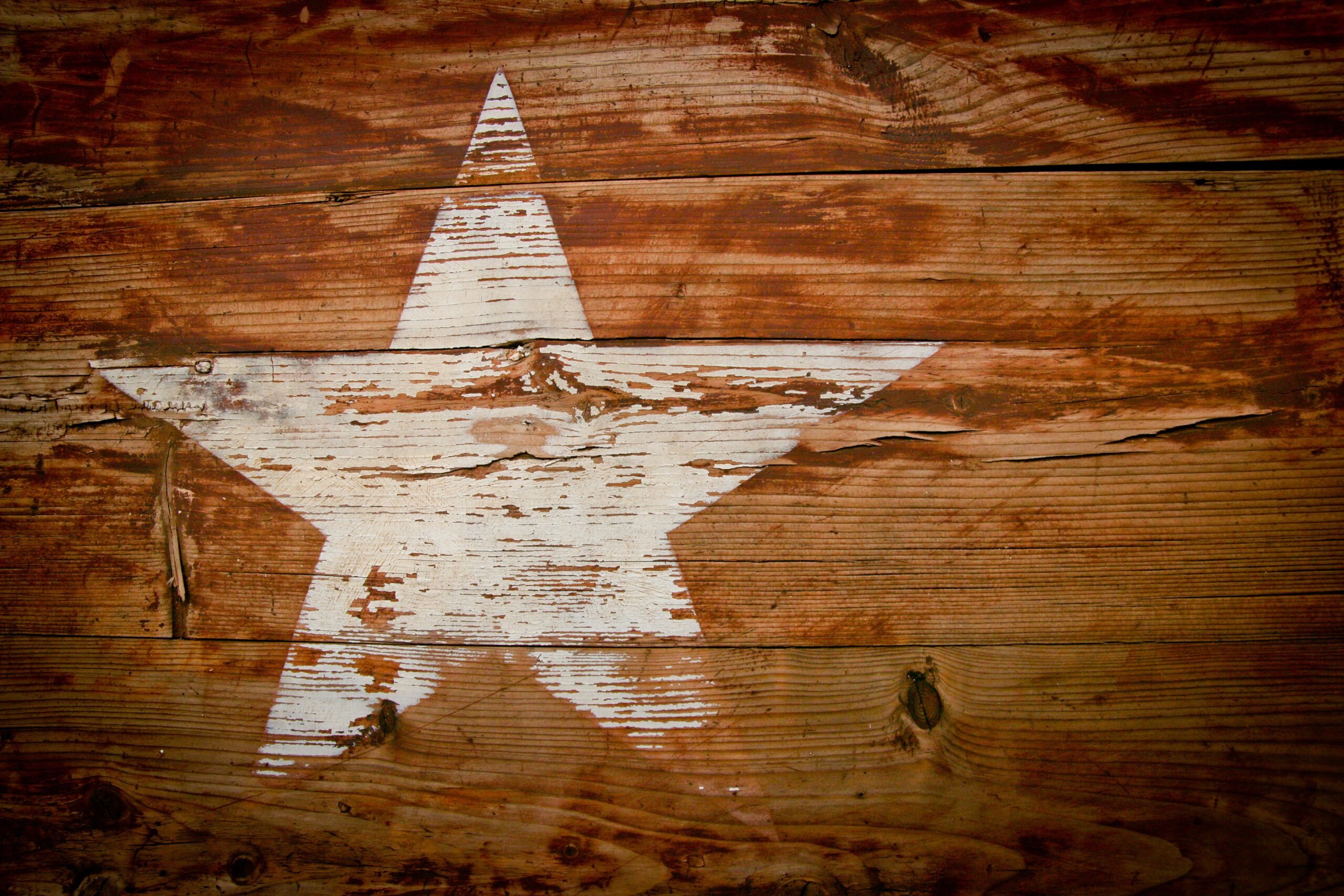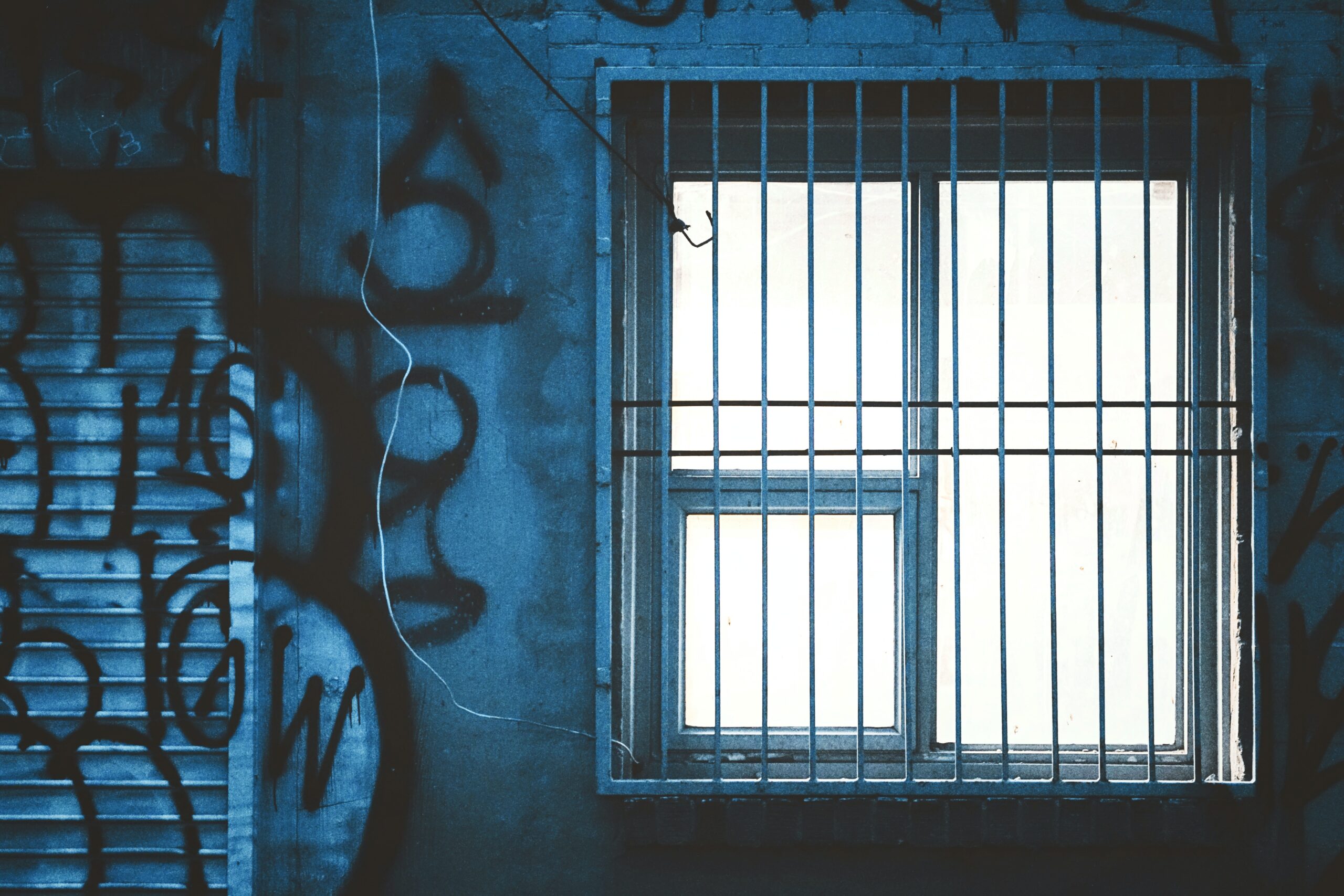An eccentric project of a little-known director with a Hollywood credit to his name, Amélie is all lightness and whimsy and enjoys basking in its own playfulness. Jean-Pierre Jeunet, who had long wanted to make the film, made sure the balance between its self-mockery and playfulness were just right, so that it pulls off its silliness without seeming arch or preemptive. It tends to humor us as we humor it, inviting us to bask in its knowing but unselfconscious pleasures, like those of walking on a cloudless and sunny beach where gulls caw and drop their occasional feces. An actress whose puckish appearance of a gamine and small, impish features…
-
-
The director of such films as My Dinner with Andre and Au Revoir les Enfants, Louis Malle coaxes from his provocative film, Lacombe, Lucien, what was absent from the others: an enigma of a primary character that remains inscrutable and hollow until the epilogue of the last scene revealing that this character is to be executed by a tribunal of the French Resistance. This is Lucien Lacombe, who has taken to rattling off his last name first in keeping with the bureaucratic procedures of which that is the ugliest, most noxious sign. Having grown up on a farmstead of the French countryside, Lucien exhibits all the obvious traits of a…
-
In long shot, supine in his apartment at 6:00 p.m., Jef Costello lies in bed with a cigarette whose smoke plumes into the window light. Punctuated by the chirps of a bullfinch in a cage, the portentous quietude of the room prevails until a quote of the samurai’s code appears onscreen, reading as follows: “There is no greater solitude than that of the samurai, unless it is that of the tiger in the jungle…perhaps…” The final word of that quote is a knowing gesture of the director, Jean-Pierre Melville, who fabricates both the quote and the book, “Bushido”, to which he attributes it; the quote sets the tone of a…
-
Under the French administration at Vichy during the Second World War, the French Resistance formed in order to combat a regime collaborating with the Germans. Others resisting collaboration with Vichy, unwilling to become bystanders, also contributed to the Resistance, many being Christian rescuers harboring Jewish civilians or otherwise affording safe passage to the persecuted. Francis J. Murphy writes of these Christian rescuers that they “contributed to the fact that 75 percent of French Jews survived the war, a far higher proportion than in Belgium or the Netherlands,” going on to write the lamentable fact that “of the 300,000 Jews in France, 75,000 perished.”[1] Whatever the casualties of warfare and its…











